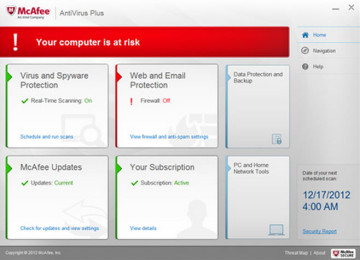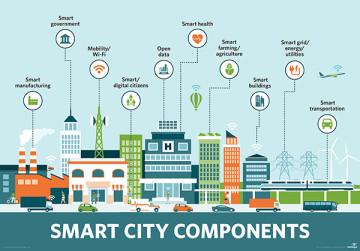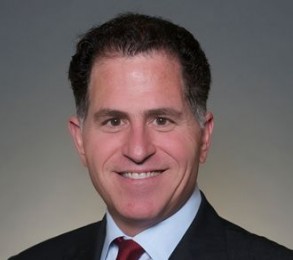 Crown Commercial Service (CCS) has extended the G-Cloud 9 framework until May 2019.
Crown Commercial Service (CCS) has extended the G-Cloud 9 framework until May 2019.
It is saying that G-Cloud 9 is being extended past its May 2018 expiry date as G-10 stalled.
In a message sent to suppliers today, CCS confirmed that G-Cloud 9 will be extended for a period of “up to 12 months”, with the expiry date now set for “on or before” 21 May 2019.
The note said: “The decision to extend G-Cloud has not been taken lightly. It will allow time for CCS and GDS to deliver a revolutionary transformation to the platform to meet user needs – for suppliers and buyers both central government and wider public sector.
“Previously, we have undertaken continuous and regular refreshes for each of the individual agreements. However, this hasn’t always given us adequate time for the Digital Marketplace to be developed beyond simply the refresh of these agreements, to meet user needs.
“More time is now needed to transform the platform and make it scalable and more flexible, enabling more framework services and improved customer and supplier functionality based on what user needs have identified.”
That’s from The government’s Digital Future Twitter page, which added that G-Cloud 9 had been extended to give time to enable wider functionality improvements.
Along with G-Cloud, the Digital Outcomes and Specialist 2 framework, and Cyber Securities Services 2 framework have also been extended until 2019.
The move will allow the 70 percent of suppliers who are yet to make a sale on G-Cloud 9 a bit longer.



















